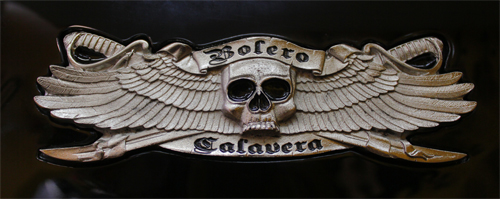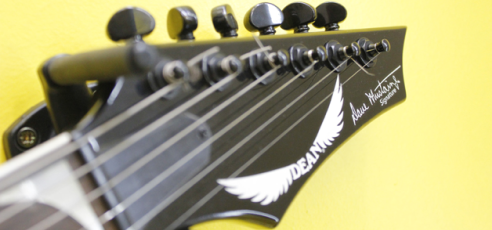Pentatonic scales are very common scales in almost every genre of music. From jazz to fusion and even metal, pentatonic scales are widely used in all of them.
As the name suggests, a pentatonic scale consists of 5 notes. However, these notes aren’t random and they follow a certain pattern. There are mainly two forms of the scale; the major pentatonic and the minor pentatonic. In the major scale, the 5 notes that are picked from the scale are the root, the major 2nd, the major 3rd, the perfect 5th, and the major 6th. Another an alternate way to think of the notes is to use the circle of fifths and pick the first five notes starting from the root. In either case, the notes are going to be the same. In the key key of C, the notes would be C, D, E, G, and A.
In the minor pentatonic scale, the notes are different.They’re the root, the minor 3rd, the perfect 4th, the perfect 5th and the minor 7th. So in the key C they would be C, Eb, F, G, and Bb. One thing that’s worth pointing out is that the notes of a major pentatonic scale in a certain key, and the notes of the minor pentatonic scale of the relative minor key the same. The A minor is the relative minor of C major. The A minor pentatonic scale contains the notes A, C, D, E, and G, the same notes of the C major pentatonic scale. So both scales are equivalent.
These forms of the scale are meant to be used in different context. Some songs that utilize the pentatonic scale include “Wish You Were Here” by Pink Floyd, “Sweet Home Alabama” by Lynyrd Skynyrd, “Let It Be” by The Beatles, and “Jessica” by The Allman Brothers Band. Like the major scale, the major pentatonic scale has an uplifting and positive sound, which doesn’t blend well enough with certain forms of music. In blues, hard rock, and heavy metal, musicians often use the minor pentatonic scale because it sounds more aggressive. In fact, the majority of songs in these genres contain the minor pentatonic scale, especially blues. This scale is actually considered the “bread and butter” of blues and rock soloing. Some songs that include this scale include “Money” by Pink Floyd, “Stairway To Heaven” by Led Zeppelin, “Smoke On The Water” by Deep Purple, and “Red House” by Jimi Hendrix.
The minor pentatonic scale is often used with the addition of another note, the diminished 5th, which leads to what is called the minor blues scale. In fact, the diminished 5th makes a noticeable difference because it adds tension the scale giving it a “bluesier” sound, but it can be added in jazz, rock, and even metal scenarios. The major blues scale is just a major pentatonic scale with a flat 3rd added to it, but it’s a bit uncommon to use this scale.









